News
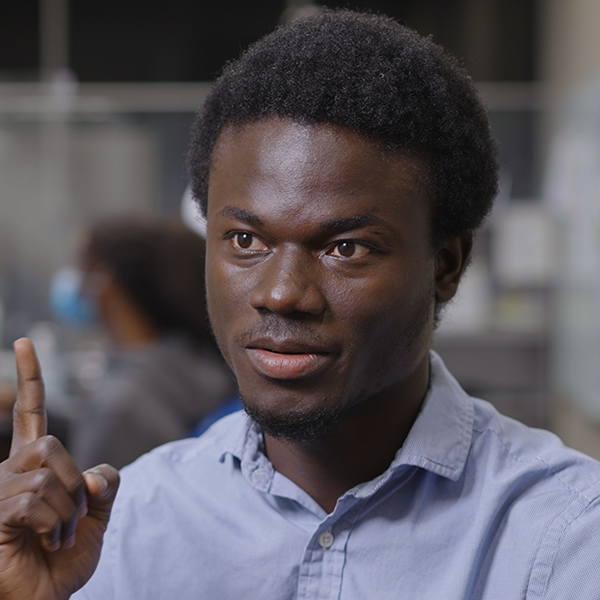
Apr 21, 2022
Ecology grad student awarded $100K XPRIZE in Carbon Removal Competition
An international team led by Edward Amoah, a graduate student in Penn State’s intercollegiate ecology graduate program, has been named among 23 winners globally of the 2021 XPRIZE Carbon Removal Student Competition.
Full Article
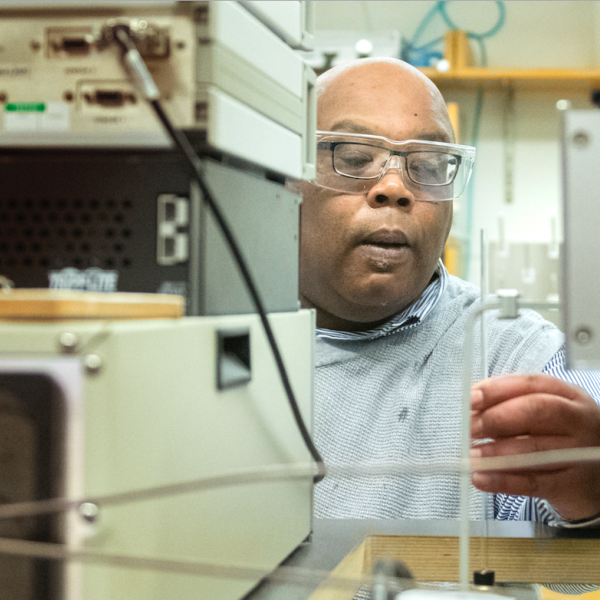
Apr 18, 2022
Booker receives Hans Neurath Award from Protein Society
Squire J. Booker, Evan Pugh Professor of Chemistry and of Biochemistry and Molecular Biology at Penn State, Holder of the Eberly Family Distinguished Chair in Science, and investigator with the Howard Hughes Medical Institute, has been honored with the Hans Neurath Award from the Protein Society, the premier international society dedicated to supporting protein research.
Full Article

Apr 13, 2022
Ravnic named first Huck Chair in Regenerative Medicine and Surgical Sciences
Dr. Dino Ravnic, associate professor of surgery and director of the Plastic Surgery Research Laboratory at Penn State, has been named the first Dorothy Foehr Huck and J. Lloyd Huck Chair in Regenerative Medicine and Surgical Sciences by the University’s Huck Institutes of the Life Sciences.
Full Article
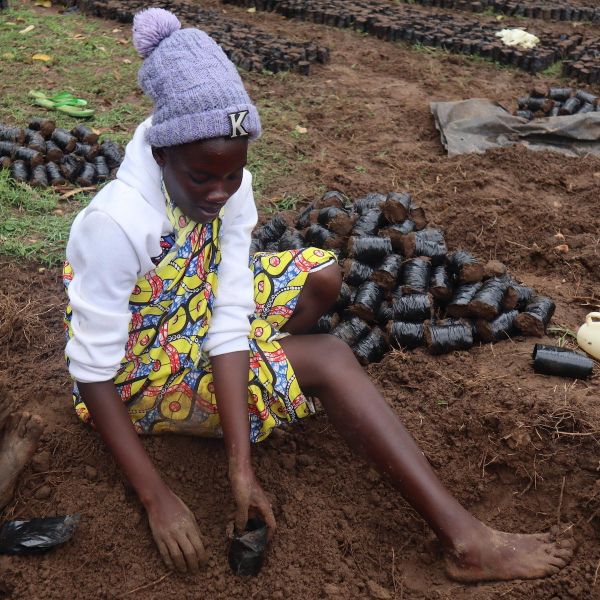
Apr 13, 2022
PlantVillage receives Cisco Foundation grant to help communities capture carbon
PlantVillage has been awarded $300,000 from the Cisco Foundation to promote regenerative agriculture on African farms to help them adapt to climate change. The PlantVillage team plans to plant 1 million trees across 12,500 farms in two counties in western Kenya, Bungoma and Busia.
Full Article
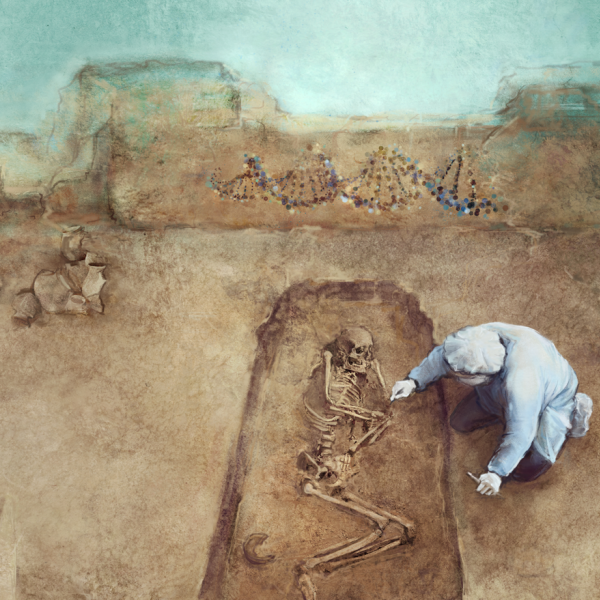
Apr 07, 2022
First European farmers' heights did not meet expectations
A combined study of genetics and skeletal remains shows that the switch from primarily hunting, gathering and foraging to farming about 12,000 years ago in Europe may have had negative health effects as indicated by shorter than expected heights in the earliest farmers, according to an international team of researchers.
Full Article
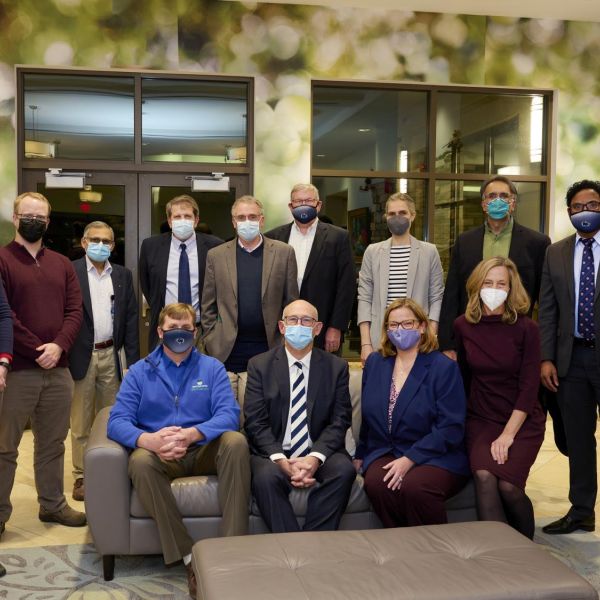
Apr 07, 2022
Preventing, controlling spread of animal diseases focus of forum at Penn State
Exploring the emergence, spread and control of animal infectious diseases was the focus of the inaugural Emerging Animal Infectious Disease Conference held Nov. 29-Dec.1, 2021, at Penn State. It was hosted by the College of Agricultural Sciences, the Pennsylvania Department of Agriculture, and Penn State’s Center for Security Research and Education.
Full Article
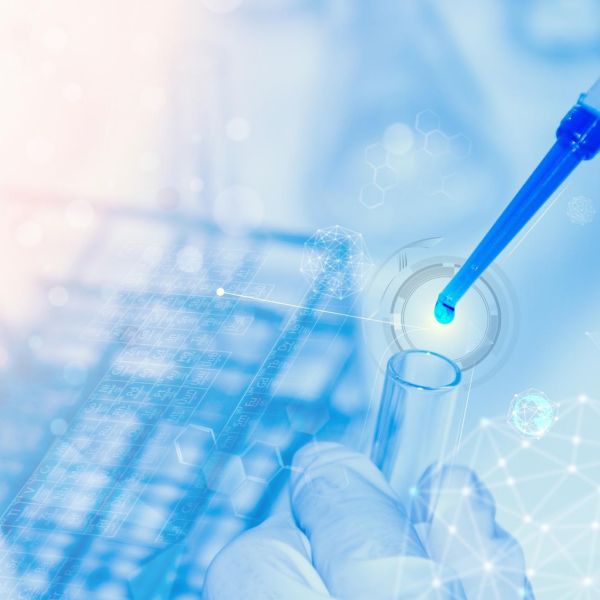
Apr 06, 2022
First round of funded projects announced from the Benkovic Research Initiative
Four projects have been announced as recipients of funding from the Patricia and Stephen Benkovic Research Initiative, which supports risky, highly innovative investigation at the interface of chemistry and the life sciences.
Full Article
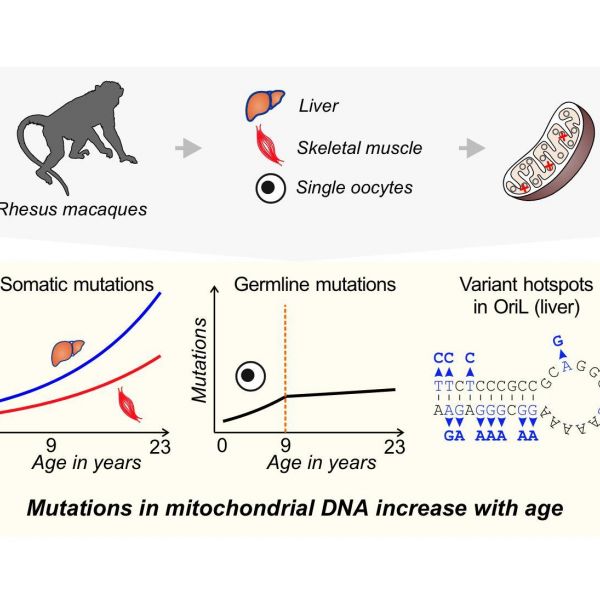
Apr 04, 2022
Are egg cells in aging primates protected from mutations?
A new study shows that mutation frequencies in mitochondrial DNA are lower, and increase less with age, in the precursors of egg cells than in the cells of other tissues in a primate.
Full Article
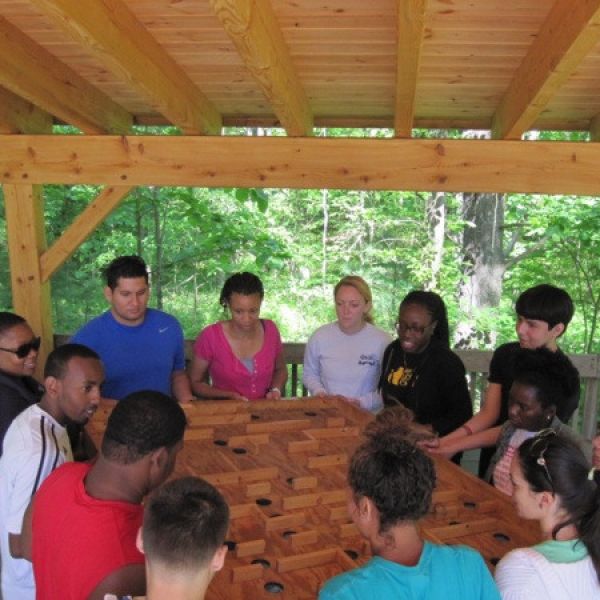
Mar 20, 2022
2022 Summer Research Opportunities Program is Seeking Faculty Mentors
Host an undergraduate student in your lab this summer by participating in this year's CAS-SROP!
Full Article
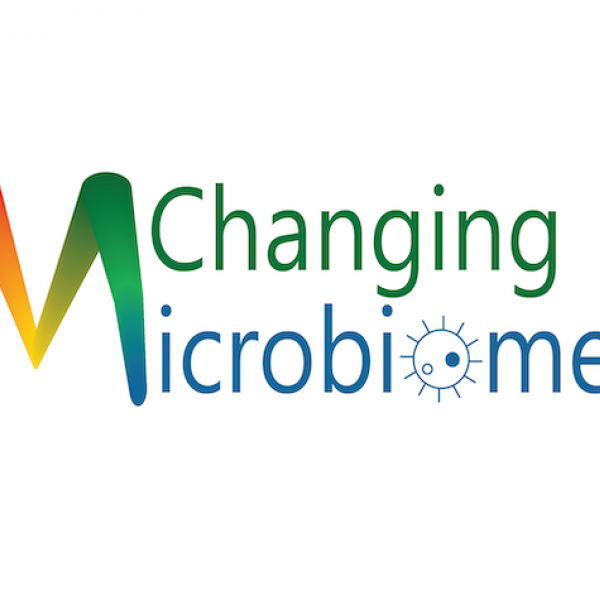
Mar 18, 2022
Microbiome Center to host ‘Changing Microbiomes’ symposium in early June
The inaugural Penn State microbiome symposium, titled “Changing Microbiomes Symposium,” will be held from May 31 to June 3, 2022, at the Mountain View Country Club at the Wyndham Garden Inn, 310 Elks Club Road, Boalsburg, Pennsylvania.
Full Article